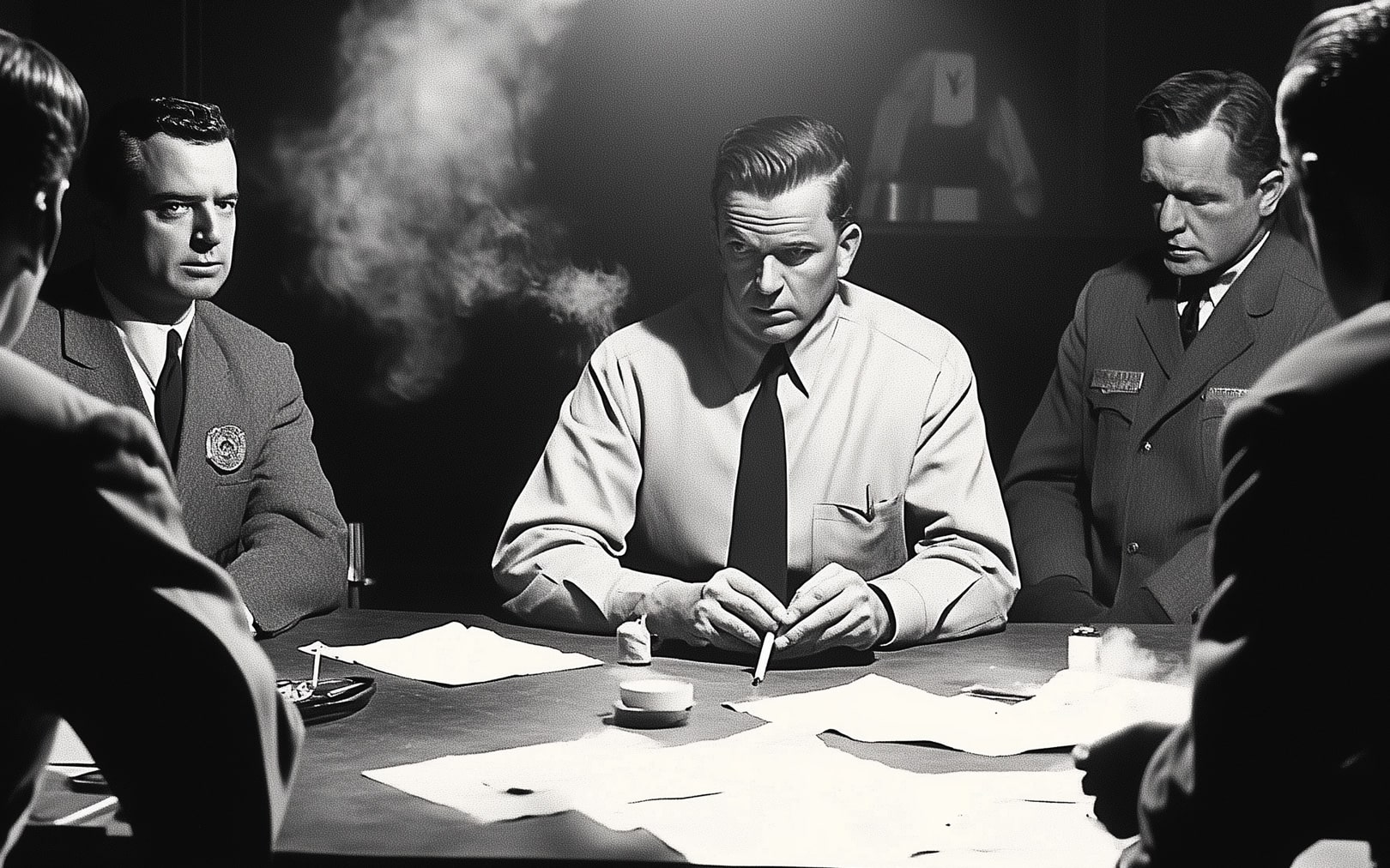
Why the Old Way Police Officers Were Taught to Interrogate Suspects Must Change
This method has been taught in police academies, promoted by private training vendors, and passed down from one generation of officers to the next.
But here’s the uncomfortable truth:
Much of this training is based on pseudoscience. And worse, it has contributed to false confessions, wrongful convictions, and real criminals walking free.
It’s time for the profession to face the facts and evolve.
Deception Detection Isn’t Real Science
Officers are still taught to “read” people: to interpret gaze aversion, fidgeting, or nervous tone as signs of lying. This idea forms the foundation of behavioral assessments like the Behavioral Analysis Interview (BAI).
But research says otherwise.
Studies by Vrij (1994), Ekman & O’Sullivan (1991), and others have consistently shown that:
- People, including trained professionals, are not good at detecting deception
- Accuracy rates hover just above chance (around 54%)
- There is no behavioral cue that reliably distinguishes liars from truth-tellers
The flaw? Stress looks like deception. But stress isn’t guilt.
So, when officers rely on nonverbal “tells” to decide who gets interrogated, they’re often making decisions based on noise, not signal.
False Evidence Ploys: Powerful and Dangerous
One of the most disturbing tactics still taught is the false evidence ploy where officers lie about having fingerprints, DNA, or video evidence to corner a suspect into confessing.
According to Richard Leo (2008) and studies like Kassin & Kiechel (1996) and Perillo & Kassin (2011), these ploys:
- Create a sense of hopelessness
- Cause innocent people to doubt their own memory
- Are a common factor in false confessions
And yes, this practice is legal in most cases (some states outlaw its use on juveniles) but legal doesn’t mean ethical, or effective.
Themes, Maximization, and Minimization: Pressure by Design
Popular interrogation training also includes tactics like:
- Maximization: exaggerating the severity of the crime or consequences
- Minimization: downplaying the seriousness of the act to encourage confession
- Themes: providing moral excuses (“It was an accident, right?”)
These aren’t just conversation tools, they’re psychological levers, designed to manipulate. And when combined with a false evidence ploy, they can break down even innocent people.
The landmark study by Russano, Meissner, Narchet, and Kassin (2005) confirmed:
Minimization techniques significantly increased both true and false confessions which makes a unreliable by design.
The Real-World Cost: False Confessions and Wrongful Convictions
This isn’t academic theory. The damage is real.
False confessions played a role in nearly 25% of DNA exoneration cases tracked by the Innocence Project. High-profile examples include:
- The Central Park Five
- Brendan Dassey
- Juan Rivera
In each case, outdated, coercive techniques helped secure confessions from innocent people while the real perpetrators walked free.
And that’s the greatest cost of all.
When we convict the wrong person, we don’t just hurt the innocent, we let the guilty continue to harm others.
That’s not justice. That’s failure.
A Better Way: Science-Based Interviewing
We don’t need to choose between getting information and respecting rights. The solution already exists: science-based interviewing.
This approach focuses on:
- Building rapport
- Asking open-ended, non-leading questions
- Avoiding deception and coercion
- Gathering accurate, verifiable information—not just confessions
It’s used by agencies in the U.K., Canada, and elsewhere with more reliable results and fewer false confessions.
Conclusion: The Profession Must Evolve
The traditional interrogation tactics taught for decades in the U.S. were never grounded in science and now we know they’re linked to devastating consequences. The data is clear. The stories are heartbreaking. And the public trust is at risk.
It’s time for the law enforcement profession to let go of myths and embrace methods that are effective, ethical, and evidence-based.
Because justice isn’t about getting a confession.
It’s about getting the truth.